Small intestinal bacterial overgrowth (SIBO): Managing with diet
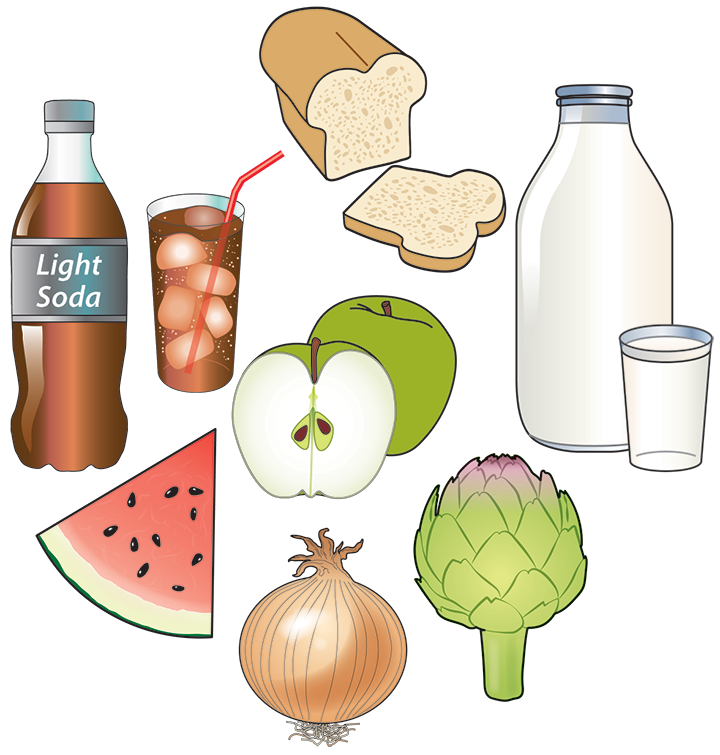
Having more bacteria than usual in your small intestine can cause uncomfortable symptoms like gas. Managing your diet can help.
Celiac disease: Who should be tested
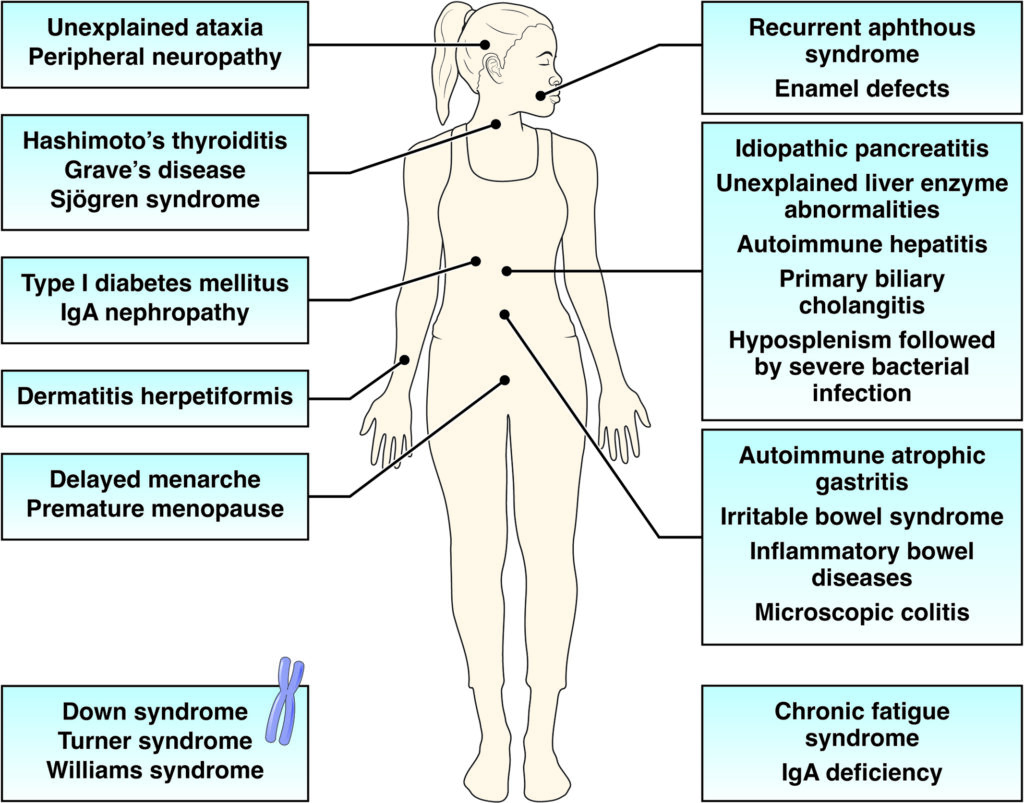
If you’ve been diagnosed with a condition related to celiac disease or have other risk factors, does that mean you should be tested for celiac disease?
Trust Your Gut
Inflammatory bowel disease (IBD): Role of fiber
Consuming a wide variety of foods with fiber is important for gut health in patients with inflammatory bowel disease, or IBD.
Inflammatory bowel disease (IBD): Diet tips
Diet tips to help reduce symptoms during Crohn’s disease or ulcerative colitis flares or active disease.
Low-FODMAP diet

A low-FODMAP diet is low in a group of five sugars found in certain foods, which cause some people to experience bloating, stomach swelling, stomach pain, nausea, diarrhea, and constipation.
Fructose intolerance
Fructose intolerance happens when your body cannot absorb fructose from what you eat or drink.
Exocrine pancreatic insufficiency (EPI)
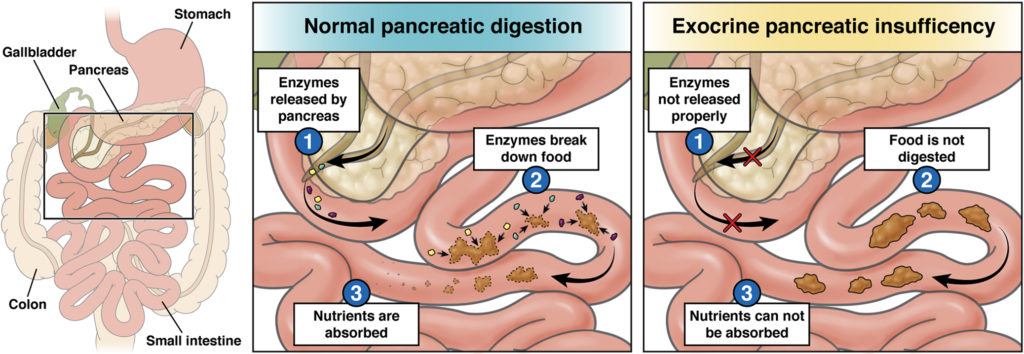
Exocrine pancreatic insufficiency (EPI) is caused by a problem with the pancreas, an organ that plays an important role in digestion. EPI can be difficult to recognize, but once it’s identified, it
can be treated.
Irritable bowel syndrome (IBS)
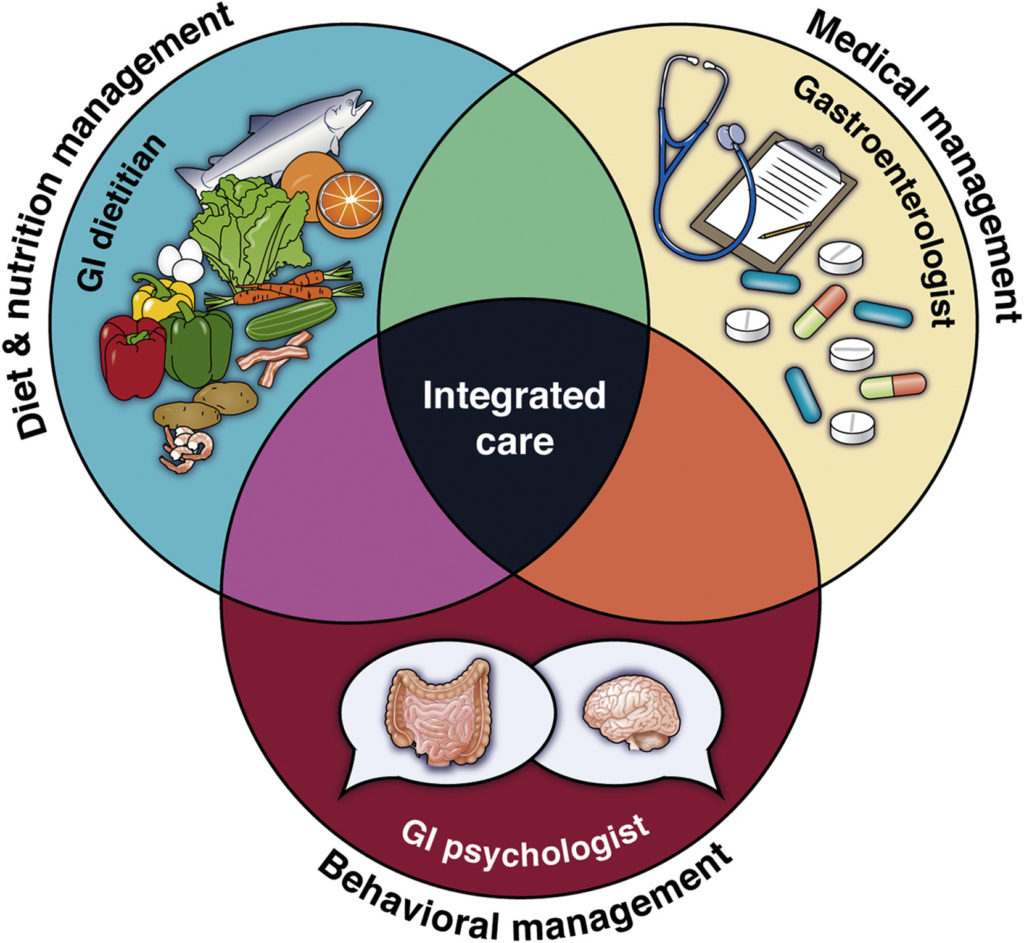
Irritable bowel syndrome (IBS) is one of the common disorders of the large intestine. IBS symptoms can include stomach pain, diarrhea, stomach bloating, constipation and cramping.
Gastroparesis
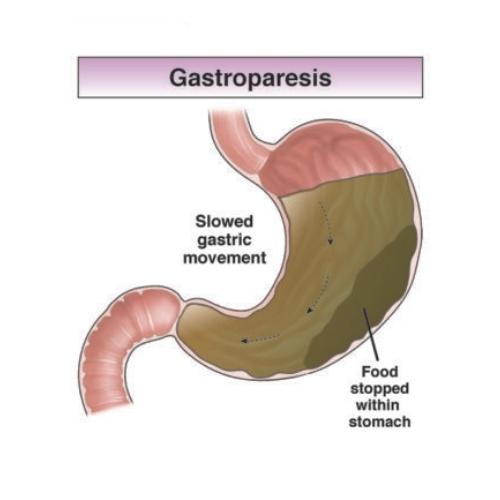
Gastroparesis or delayed gastric emptying is when the stomach has trouble clearing out its contents, possibly due to issues with the stomach muscles, nerves, or brain and spinal cord nerves.
